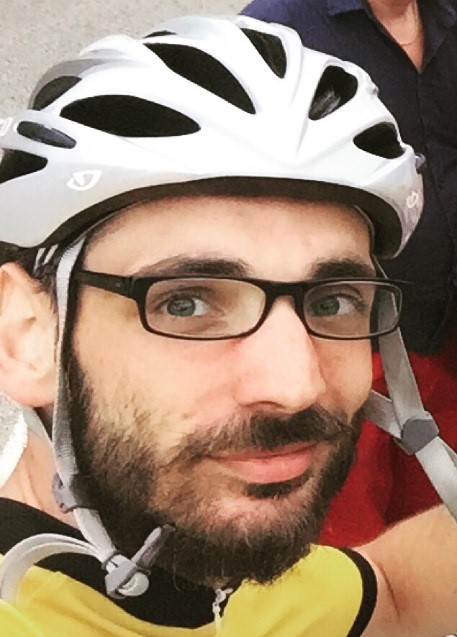UCL student volunteers tell us they benefit from getting involved in so many ways – a chance to make a difference, meet new people, learn new skills, and make connections across London. Here at the Volunteering Service, we were curious about the longer lasting effects of volunteering, so we got in touch with some recent UCL graduates to get their perspective.
Geraldine Asare-Darko (Sociology of Education, 2016): “Being a volunteer at ACS helped me to improve my communication skills with children, being able to build positive relationships with children and has helped me to become more confident and assertive when giving instructions or information to large groups of people.”
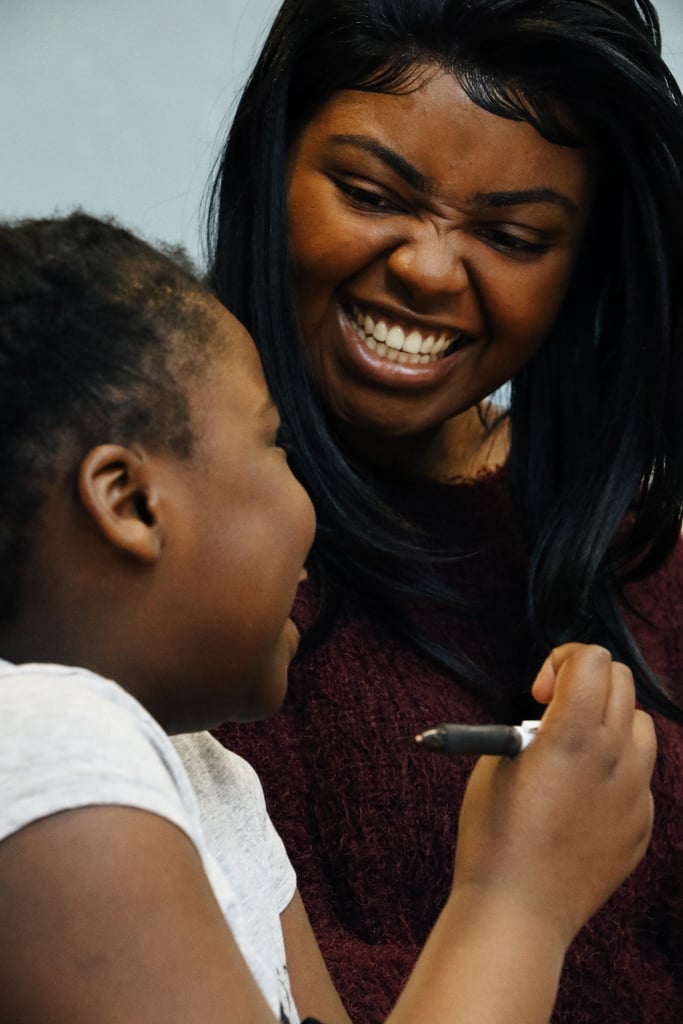
Caitlin Nisos (Social Development Practice, 2015): “Volunteering allowed me to contribute to the London community, nurture my own roots within the city, network with third-sector practitioners from various disciplines working on a variety of issues, and gain experience in the ‘field’.”
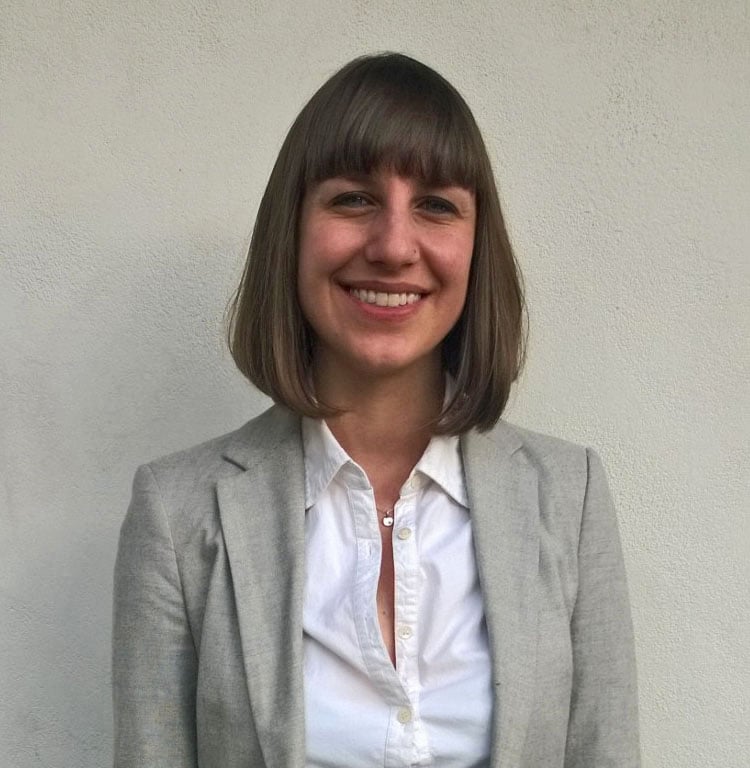
Tom Trail (Economic Policy, 2011): “Although my course was very useful for my career subsequently, the experience of volunteering - taking me out of the bubble of academia - was far more informative in terms of how we can live in a big city, with so many injustices, and play our role.”
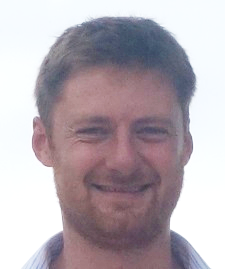
Patrice Baptiste (Medicine, 2013): “I am constantly making decisions on my own all the time, from working during a busy twelve hour shift, to managing a patient on my ward. Volunteering has helped me to trust myself and to rely on my own initiative.”
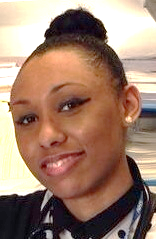
Luke Penketh (Zoology, 2012): “I gained a huge volume of skills in managing people, as I maintained and managed a group of volunteers. This has proved essential in my career as a conservation biologist, where managing volunteers is often a crucial component of the role.”
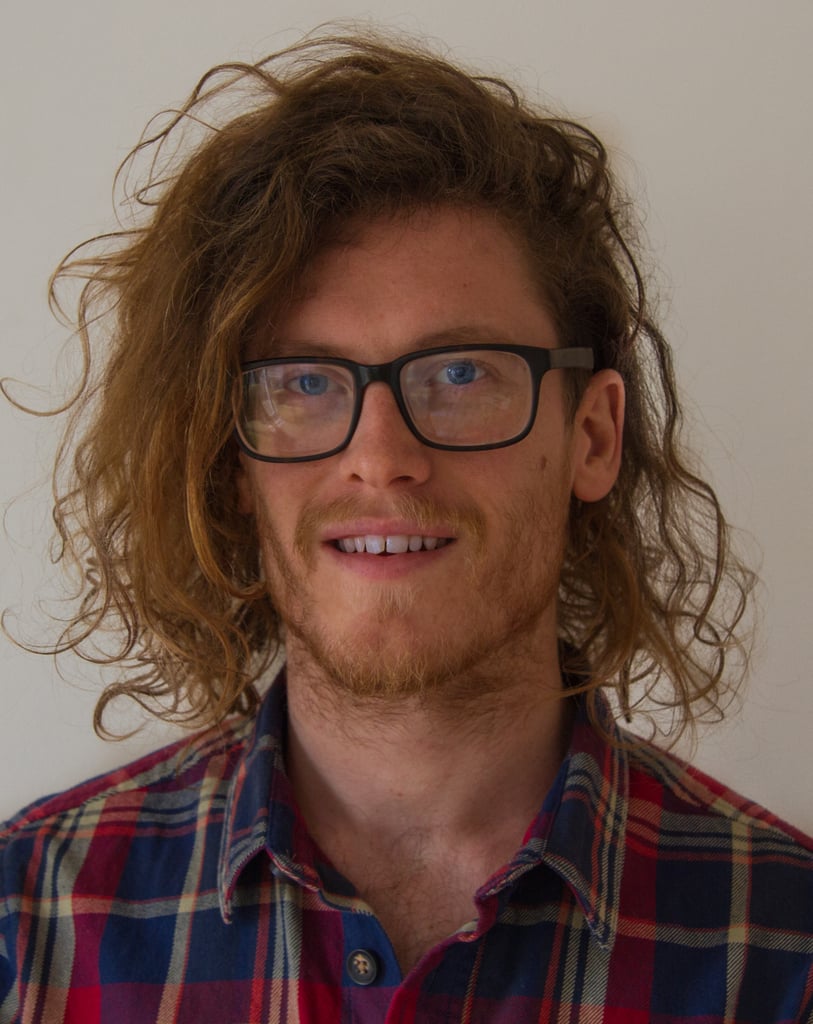
Jasmin Lee (Medicine, 2009): “As a medic in training, my weekly visits were also a good way for me to improve my communication skills and confidence in interacting with someone from a different culture (I had only moved to the UK in 2002). Gaining these soft skills also enabled me to negotiate the generational gap in a sensitive way. This set me in good stead when I began working in the NHS and needed to form many different kinds of relationships with colleagues, other allied professions, patients and relatives.”
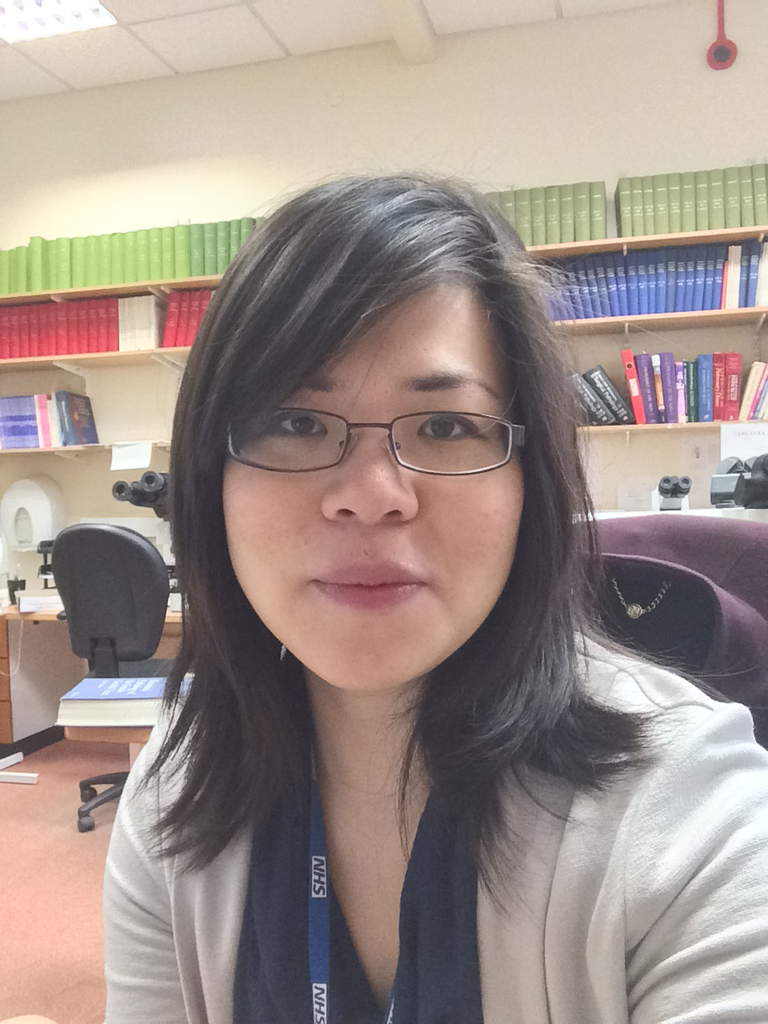
Nick McKenzie (Human Rights, 2013): “Leading the team in my second year was also a great experience in terms of learning the skills necessary to recruit people, encourage them to take ownership their areas of the project and helping them to develop their own project management skills. This was really useful for getting leadership experience which I have transferred now into my career as well as my voluntary roles as a mentor.”
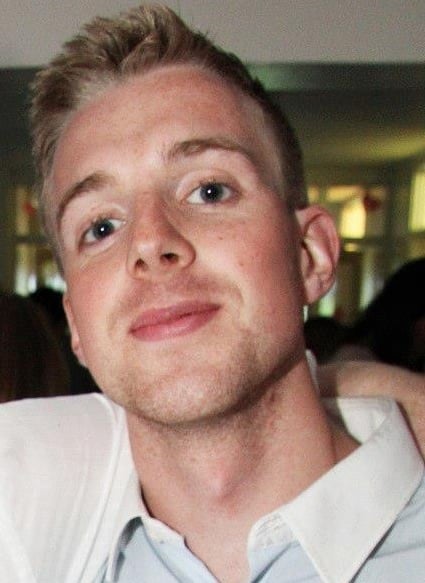
Jonathan King (Medicine, 2011): “Volunteering was definitely one of the most satisfying parts of my university experience. The social aspect with other volunteers made the weeks of preparation really enjoyable and the satisfaction of providing a high quality product at the end of it all was genuinely amazing.”
